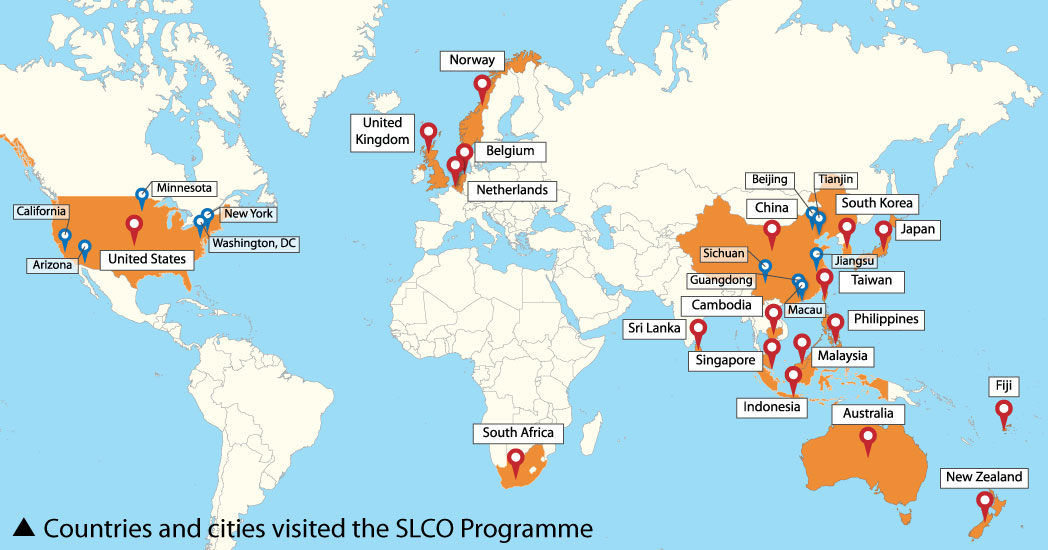
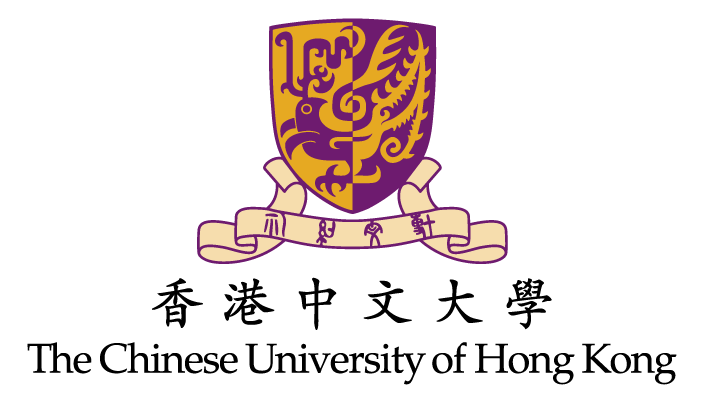
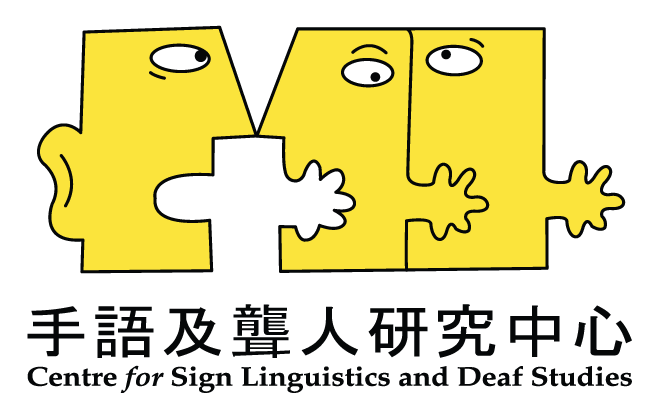
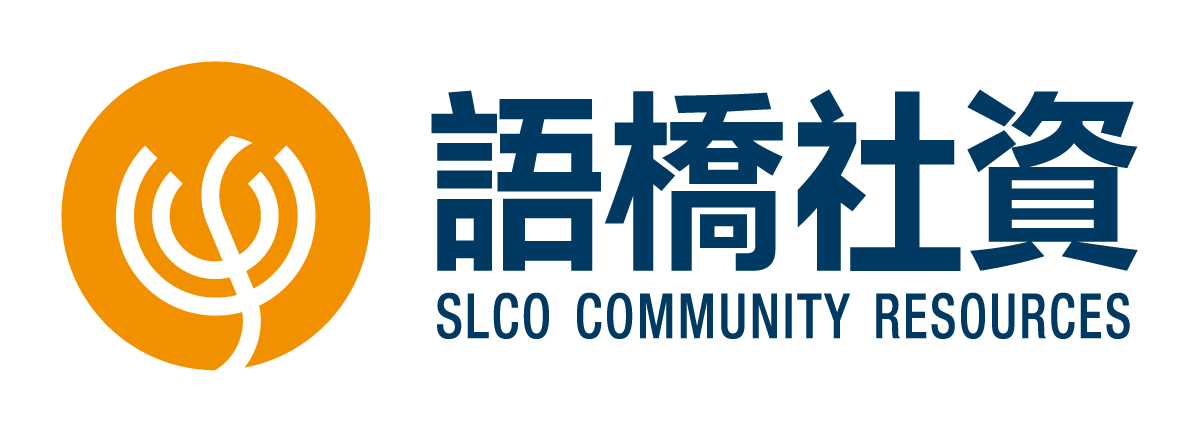
Throughout implementation of the Sign Bilingualism and Co-enrolment in Deaf Education Programme, the Centre has witness fruitful success through research and observation. The parents of the both deaf and hearing children are very supportive to the programme because they see the benefits in their children.
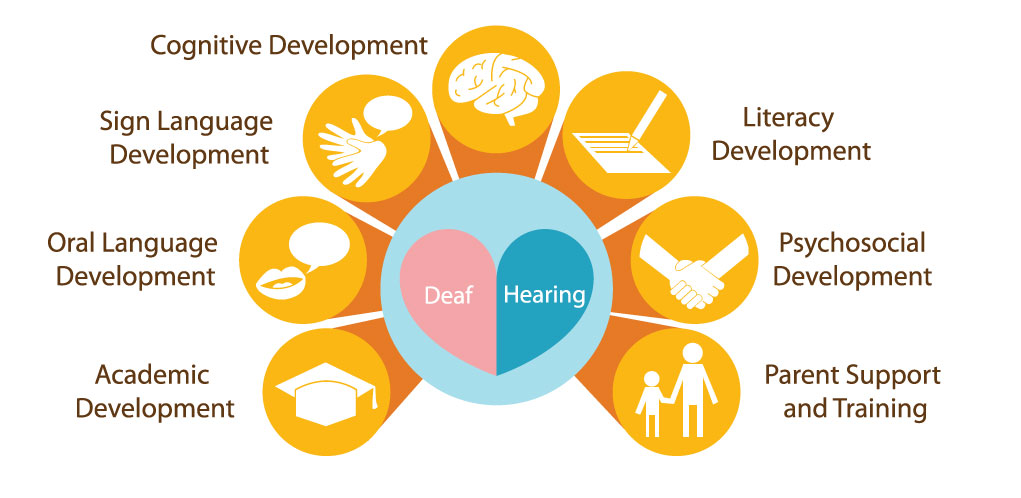
As seen in research data, deaf students participating in the SLCO Programme has an increasing amount of Chinese vocabulary from kindergarten to primary school, and the growth rate in Chinese grammar knowledge is similar to that of hearing students. Despite their lower ability in spoken language comprehension and expression, their spoken language development has a similar growth rate as hearing students.
Comparing to other deaf students in mainstream schools, deaf students in the SLCO programme has a higher pass percentage in three main subjects (Chinese, English, and Mathematics).
Deaf students also achieved a lot of external awards such as the “Advancement Academy Scholarship”, “The Good Deaf and Hard-of-hearing Student and Youth Award” of Otic Foundation and “The Good Student Good Teacher Award” of Szeto Wah Education Fund.
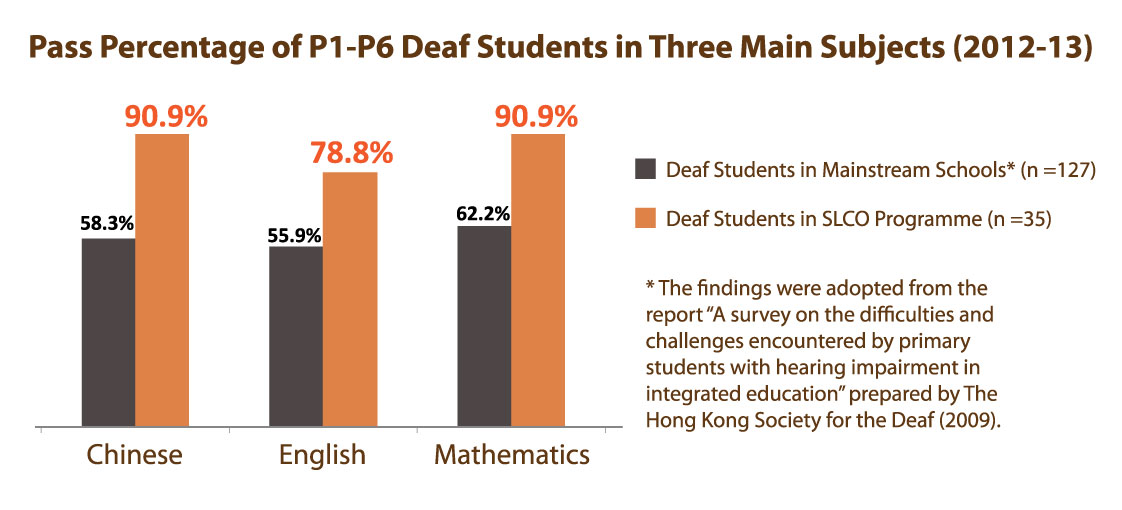
Deaf students can have a higher self-esteem in an inclusive environment despite their hearing loss because both deaf and hearing students know two languages. With the communication barrier eliminated, deaf and hearing students can develop a deep friendship.
Hearing students can also benefit from the Programme. Multi-sensory learning in class and resources developed by the programme can help them learn key points of different subjects more effectively. Hearing students can learn sign language as an extra language. Most importantly, they can learn how to treat individual difference with a positive attitude, have a better understanding of the notion “everyone is born equal”, and learn how to be accept, care and appreciate others in need.
Other than students, deaf and hearing students can also benefit from participating in Sign Bilingual Education.
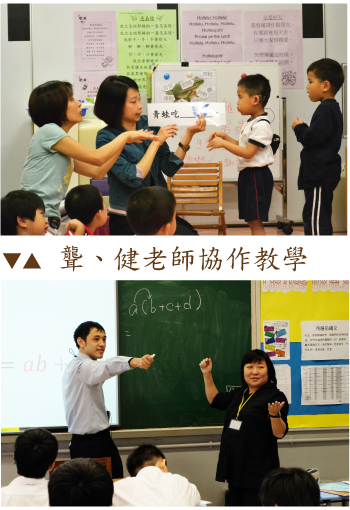
When received with appropriate teacher training, deaf adults in Hong Kong can develop their potentials to contribute to society. Trained deaf adults have developed abilities to teach deaf and hearing children. They also become role model of deaf children. Two of the deaf teachers of the programme are now enrolling in the Bachelor of Education Programme of The Hong Kong Institute of Education. Upon their graduation, they will be the first batch of deaf adult obtaining a teacher license through sign interpretation service.
Hearing teachers can also enhance their professional knowledge through participating in the SLCO Programme. They are able to develop more effective and creative teaching methods for deaf students and other SEN students, and they can also acquire better sign language ability in the teaching process.
The SLCO Programme has been commended by local and overseas media, scholars and experts as a successful example of inclusive education. In 2012, the UNESCO International Bureau of Education included the programme as one of the exemplars for their development of guidelines for outstanding inclusive practices. Professor Gladys Tang, Director of the Centre for Sign Linguistics and Deaf Studies and the SLCO Programme, was awarded the “Promotion of Deaf Education Award” by the Hong Kong Association of the Deaf in 2011 and the “Hong Kong Humanity Award 2013” by Red Cross HK and RTHK for her outstanding contribution in deaf education and deaf training.
Over 20 countries and cities over the world have visited the SLCO Programme in Hong Kong for learning its successful experience. The Programme has also provided professional consultation and support to these countries and cities to further promote the principle of sign bilingualism and co-enrolment. Right now, Mainland China, Taiwan and Japan are developing similar sign bilingual education programmes under the consultation and support of the SLCO Programme.
